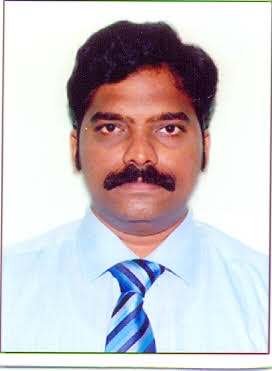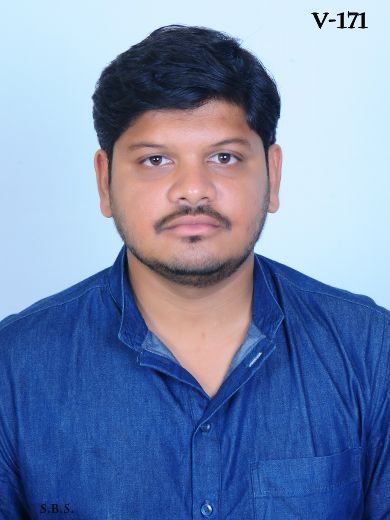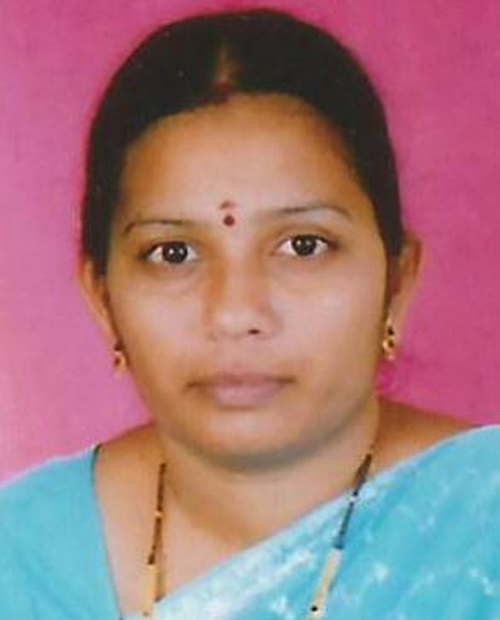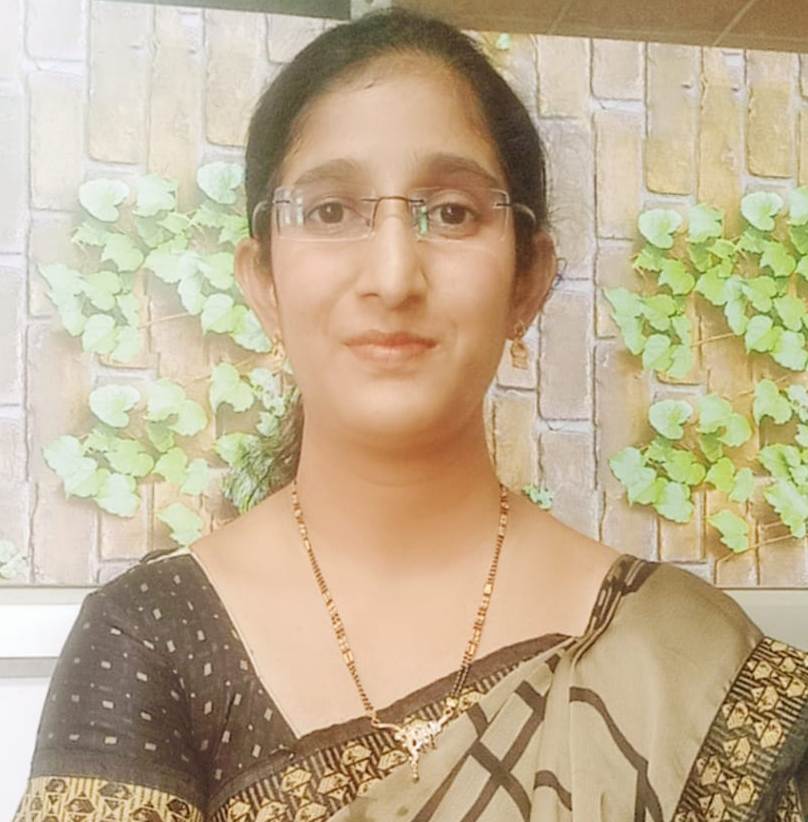
To be a pioneer in electrical and electronics engineering education and research, preparing students for higher levels of intellectual attainment, and making significant contributions to profession and society.
EEE Department was recognized as Research Centre by JNTUK, Kakinada on 4th May 2014. The faculty members and the students of the Department of Electronics and Eletrical Engineering (EEE) carry out research in all the areas related to EEE.
|
Research Centre Recognition for the Academic Years |
2014-2015 & 2015-2016 2017-2018 &2018-2019 2021-2022 & 2022-2023 |

..

..

..
..
..
..
..
..
..
..
..
..
..
..
..
| Placement | 2021 Batch | 2020 Batch | 2019 Batch | 2018 Batch | 2017 Batch | 2016 Batch | 2015 Batch |
|---|---|---|---|---|---|---|---|
| No. of Placements | 39 | 47 | 78 | 107 | 115 | 120 | 71 |
| No.of Students admitted to Higher Studies | 02 | 03 | 03 | 08 | -- | 01 | -- |
| No.of Students turned entrepreneurs | -- | -- | -- | 01 | -- | -- | -- |
| Total | 41 | 50 | 81 | 116 | 115 | 121 | 71 |
Mr.V.Sukumar(16481A0207) have been selected for APJ Abdul Kalam Prathiba Awards-2019 as of Govt.of.Andhra Pradesh

GEC was announced as Best EEE Student in A.P by ISTE AP Section for the year 2019.

He has Successfully completed the AICTE-QIP-PG Certification Programme in "Block Chain and Data Science".

He has Successfully completed the AICTE-QIP-PG Certification Programme in "Internet of Things".

She has Successfully completed the AICTE-QIP-PG Certification Programme in "Machine Learning".

She has Successfully completed the AICTE-QIP-PG Certification Programme in "Artificial Intelligence and Machine Learning".



